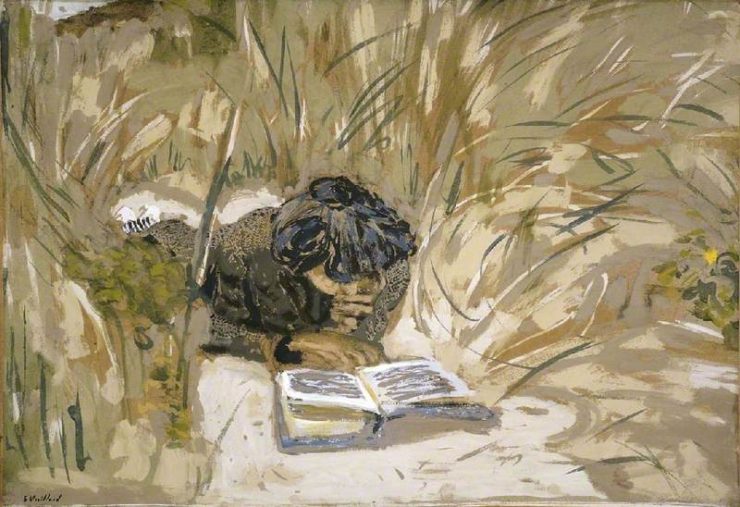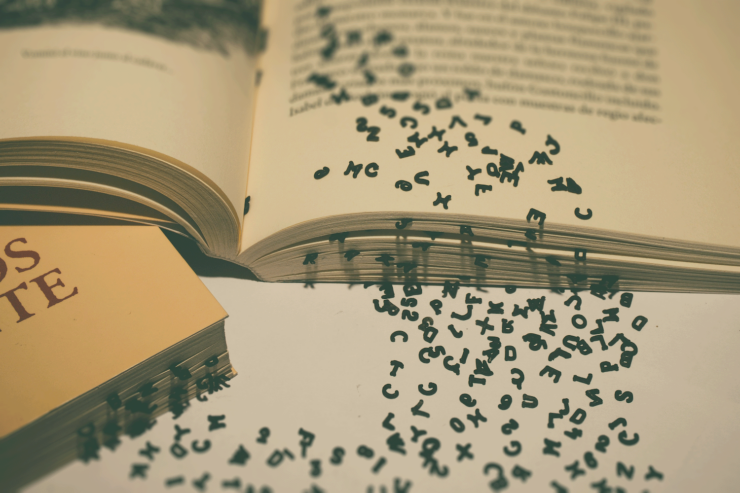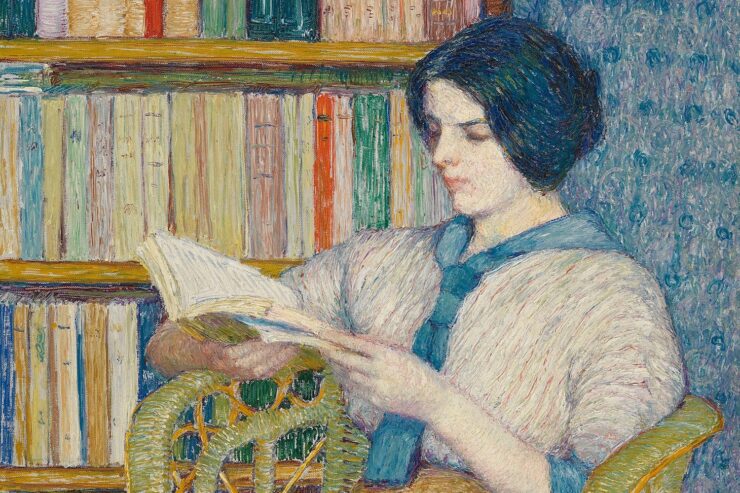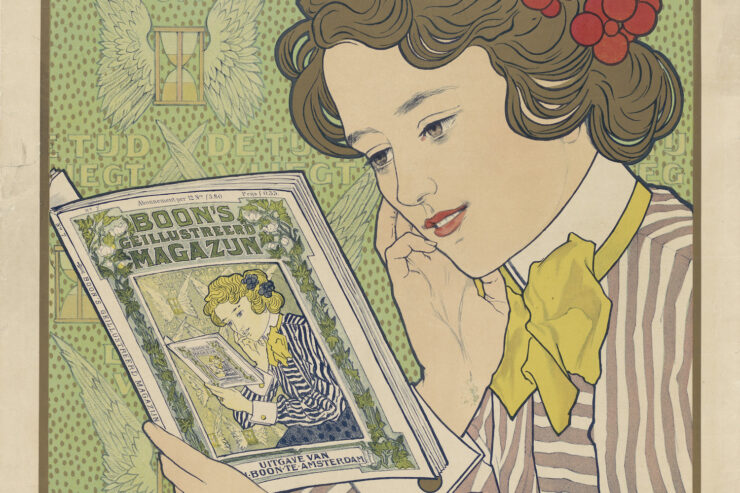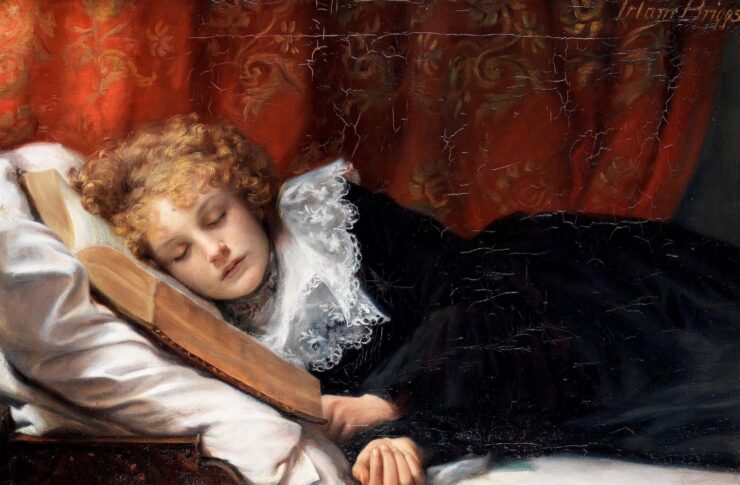When I was a little kid, like so many other smalls, I played with stick swords and garbage-can-lid shields. I wanted to be a horse girl (thanks, Misty of Chincoteague), but horses were expensive, so I got my horse fix from walking a mile down the road to pet whichever neighbors’ horses would come near the fence (apples helped in this matter).
But at some point, I encountered the TV show Thundarr the Barbarian. My favorite character was a powerful sorceress who did all kinds of cool magic things simply with her hands. Who needed a sword? I could pretend with just my own hands!
This is the first time I remember picking up a hobby—a habit, a preference, a leaning, whatever you’d like to call it—directly from a piece of fantasy media.
It certainly wasn’t the last.
If you are a reader, you know what I mean when I say books make us who we are. It’s not always some lofty, high-minded notion about learning empathy or seeing the world or understanding how other people live. Sometimes, it’s much simpler than that. Sometimes it’s wanting to know the names of things, the names of rocks and trees and birds and plants (you have to know the names of things in so many stories, but I got this from A Wizard of Earthsea). Sometimes it’s using a car antenna as a magic wand (So You Want to Be a Wizard). Sometimes it’s yearning to understand embroidery, only to discover that it is very hard for small hands. Sometimes it’s fashion sense, or reading suggestions, or cocktail ideas.
And sometimes it’s simply setting out on an adventure under your own power.
Every single time I’m walking somewhere and I see Mount Hood looming to the east, I think about hobbits. From much of Portland, she looks singular and lofty, snow-capped and proud and probably dangerous. She looks like I imagine Caradhras looking to Frodo and Sam and Merry and Pippin: huge, impassable, and yet also a gateway, an invitation to somewhere new. There is always something on the other side of a mountain. In Oregon, there is no Moria under Mount Hood, but there is something else once you travel a bit past her: high desert, the landscape people so often forget when they imagine Oregon as one sprawling forest. (To be fair, we do have very good forests.) Mount Hood reminds me on a regular basis that we are all small, no matter what we build in her shadow—and also that even the smallest can do great things.
As a kid, I wandered the woods in the backyard and the much bigger woods at my grandparents’ house, looking for flowers and squirrels and Ents. When I got older, I wandered new places. I learned New York City on foot, making cheery attempts to get lost in the West Village, navigating home by our north and south poles: the Empire State Building and the Twin Towers. I lived in Brooklyn and marveled, repeatedly, at the way the shape of the place grew and changed in my mind the more I walked it. The only cities I’ve lived in that I don’t love, well, I never learned to wander them well. That’s on me, not on them.
The members of the Fellowship of the Ring weren’t wandering, but they were walking, and every one of us who’s read those books walked those miles with them: the landscapes, the locations, the fields and riders and orcs and towers. I felt like I learned Middle-earth in those books, like it was terrain I understood and knew by heart though I had only ever really traced it with one finger on a map. And so I learn places by walking, by moving through them at my own pace, in my own time, with or without a destination.
(You don’t have to walk, of course. Whether through field or forest or city street, maybe you bike, maybe you ride a horse—though not in the city, usually— or maybe you use a scooter or a wheelchair. Places and the exploring of them should be accessible to all of us, though this is all too rarely the case.)
Would I have become a walker in the same way without Tolkien, without countless other fantasy novels in which our intrepid heroes have to get—slowly, miserably, excitedly, ponderously—from one place to another? How many landscapes do you know because you read them, saw them in your mind, trekked over them with characters that you love? How many of those feelings wound themselves up in your heart and made you want to roam?
Buy the Book
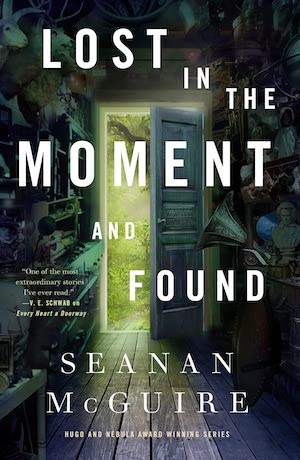

Lost in the Moment and Found
Walking feels like the big one for me, but it’s not the only thing I do because a book showed me something intriguing or world-expanding. I did, eventually, learn to cross-stitch. I learned it from a friend, but I wanted to learn it because I’d been fascinated by the idea of fantasy ladies at their embroidery (a skill still too delicate for me to master). I also learned to use a sword—an epee, briefly, and then a foil, not a fantasy-style broadsword, but when you are twenty and curious and your friend says “Come join the fencing team,” you take what is offered.
It would be impossible to pinpoint who inspired me to want to learn what to do with a pointy weapon. Aerin, from The Hero and the Crown? All the princesses who didn’t ever get to use swords? Jo Clayton’s Serroi? Arthur himself? All of them and none, most likely. Years later, I went on to take classical fencing classes, which I still miss. Sometimes, things are like they seem in books. Fencing, to me, is mental, challenging, sly, difficult, and beautiful. It made me understand things I never had as a young reader who had never learned a sport. You have to let that learning all the way into your body. It’s not entirely unlike wandering a place and learning it—as the saying goes—by heart.
There are so many other things a person might want to do thanks to their fantastical reading. Brewing! Baking! Training horses! Making boots or clothes! Teaching young wizards and inheriting a throne may be off the table, but there’s so much else. There are spells to cast, cards to read, cauldrons to stir and familiars to tame, plants to identify and crows to befriend. I am not going to boil this down into anything reductive and corny, some pat wind-up about the magic of fantasy being where you find it, even in the most mundane things. But if you find yourself walking alone along a misty forest path and a buck comes wandering out of the woods in front of you, you will be glad you were inspired by those hairy-footed little adventurers, so many years ago.
Molly Templeton lives and writes in Oregon, and spends as much time as possible in the woods. Sometimes she talks about books on Twitter.










